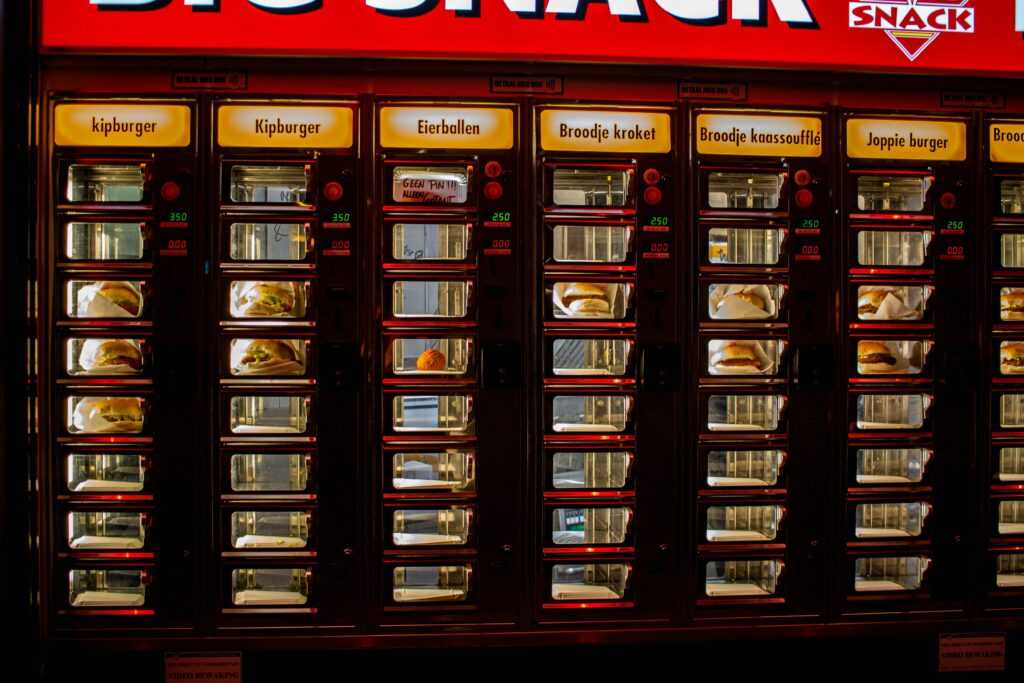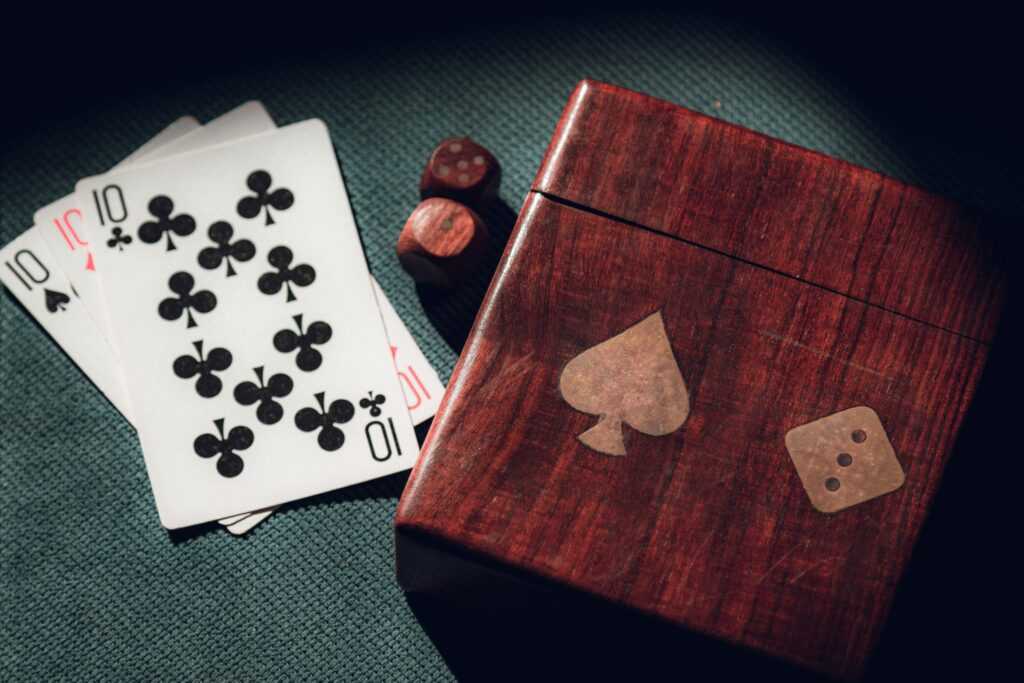Introduction: Clearing the Air
Slot machines aren’t just games—they’re story generators. And over the years, those stories have taken on mythic proportions. Tales of machines that are “hot,” players hitting it big after midnight, or casinos tightening slots before holidays float around like urban legends. No surprise then that slot myths dominate the conversation. It’s easier to believe there’s a secret code than to accept the cold efficiency of randomness.
But here’s the deal: these myths don’t just mislead—they cost real money. They warp mindsets, drive poor decisions, and keep players in cycles of false hope. Instead of building a strategy based on probability and discipline, many chase patterns that don’t even exist. And the really dangerous part? Most people bring these beliefs to the machine with them—without even knowing it.
The goal of this article is simple: strip the superstition away and lay out what actually changes your odds (and what absolutely doesn’t). In other words, it’s about smarter play—getting honest about what you can control, and letting go of everything else.
Myth #1: Slot Machines Are “Due” for a Win
The Gambler’s Fallacy Explained
One of the most persistent myths in slot culture is the idea that a machine is “due” for a win. This belief is rooted in the gambler’s fallacy—the mistaken assumption that past outcomes influence future ones in games of chance.
- If a machine hasn’t paid out in a while, some believe it’s “about to hit”
- Others think a losing streak guarantees a win soon
- In reality, each spin is a new, unrelated event
The fallacy applies across many types of gambling, not just slots. Winning and losing streaks feel real psychologically—but they don’t reflect how the machines function.
What RNGs Actually Do
Slot machines use Random Number Generators (RNGs), complex algorithms constantly producing random outcomes—even when nobody is playing. When you hit the spin button, the RNG selects a number that determines the result. All of this happens in milliseconds.
- RNGs are unbiased, constantly running in the background
- The stopping position of reels is determined the moment you press ‘spin’
- There is no “momentum” or memory of previous outcomes
The Real Takeaway: Every Spin Is Independent
Don’t waste your money—or your strategy—forcing a storyline onto a purely random game.
- Each spin is a standalone event
- Past wins or losses don’t shape future spins
- Believing a machine is “due” can lead to poor decisions like chasing losses
Bottom line: Slot machines don’t have hot streaks or cold streaks. That’s just you, trying to find patterns where none exist.
Myth #2: Playing Longer Increases Your Odds
Here’s the truth a lot of gamblers don’t want to hear: sitting at the slot machine for hours doesn’t tilt the odds in your favor. Whether you’ve played one spin or one thousand, the probability remains the same. Each spin operates independently, thanks to a Random Number Generator (RNG) that doesn’t remember yesterday’s losses or care how long you’ve been playing.
The idea that persistence will finally pay off is just another version of the gambler’s fallacy. Chasing losses often turns into chasing more losses. It’s a downward spiral that empties wallets faster than it fills them.
What works better? Playing with clear limits and purpose. Set a budget before you start. Decide how much time you want to spend—and stick to it. Treat the experience like entertainment, not a payday. The machines don’t owe you anything, but you do owe yourself control.
That’s the smarter path: play for fun, not for false hope.
Myth #3: Higher Denominations Pay Better
This is one of those slot machine myths that contains just enough truth to be convincing—but the reality is more nuanced.
The Partial Truth
Yes, on average, higher denomination slot machines do have better payout percentages compared to penny or nickel machines. For example:
- Penny slots may have payout percentages in the low 80s (e.g., 82–85%)
- Quarter or dollar machines tend to offer better returns—up to 94% or more
- High-limit machines sometimes reach 96–98% payout rates
But there’s a catch—those averages depend on the casino, the machine’s design, and most importantly, volatility.
Volatility: The Hidden Variable
Even within the same denomination, not all machines are created equal. Volatility—how often and how much you win—plays a massive role:
- Low-volatility games pay smaller amounts more frequently
- High-volatility games have fewer wins but offer bigger jackpots when they hit
So while a dollar slot might statistically pay out more over time, it might also drain your bankroll faster if you’re not lucky early on.
When It Matters (and When It Doesn’t)
Choosing a higher denomination makes sense if:
- You have the bankroll to support larger bets and longer sessions
- You’re aiming for higher returns and can withstand more volatility
- You’re playing at a casino known for fair payout settings on its higher-stakes machines
But it doesn’t help to move up in denomination just because you think you’ll “win more.” In reality, it’s about matching your playstyle and budget to the machine:
- Playing pennies for fun? Stick to it and treat your spins as entertainment.
- Wanting serious wins? Then yes, higher denominations may be smarter—but only if you’re properly bankrolled and know your limits.
Bottom line: higher denomination slots may offer better odds on paper, but without strategy, discipline, and context, that edge quickly evaporates.
Myth #4: Casinos Loosen or Tighten Machines Based on Time of Day
Let’s kill this one clean: slot machines don’t pay better on Fridays or tighter on Mondays. There’s no nightshift manager flipping a secret switch. The idea that casinos rig machines based on the day or crowd size is rooted in old gambler lore—not how tech or regulations work.
Here’s the actual mechanism: slot machines run on legally certified software called a Random Number Generator (RNG). The RNG doesn’t know what day it is, how full the casino is, or how many drinks you’ve had. All it does is produce unpredictable results, 24/7. The ‘hot Saturday night machine’ is just a story we tell ourselves when it hits.
As for machine settings? They’re set by the manufacturer and locked in before installation. Changing a machine’s payout percentage isn’t something a casino staff member can do remotely or on a whim. In fact, depending on the jurisdiction, changing those settings often requires approval, re-certification, and even the physical presence of a regulator.
Casinos are heavily regulated. Licensing bodies impose strict rules—they don’t want operators tweaking outcomes like puppet masters. It’s not just illegal to manipulate results, it’s logistically and financially impractical. What’s more realistic is that casinos use placement and psychology (music, lights, layout) to influence perception, not the actual mechanics of payout.
So no, the weekend isn’t rigged. There’s no algorithm dialing up losses when the room gets busy. What you’re seeing is randomness—and humans trying to find patterns where none exist.
Myth #5: Using a Players Card Affects Your Winnings
Here’s the rumor: plug in your rewards card, and the slot machine suddenly tightens up. It’s a myth that’s been passed around casino floors for years—and it’s flat-out wrong.
The reality is simple. A rewards card doesn’t talk to the machine’s payout system, and it definitely doesn’t influence the RNG (Random Number Generator). The RNG spins whether you’re fully comped or flying under the radar. Each result is as random as the last, player card or not.
What the card actually does is log your play—how much you spend, how long you stay, and what type of games you’re into. That data helps casinos tailor rewards: free play, discounts, hotel perks. If you play without it, you’re basically gambling without collecting the cashback, perks, or comps you’ve already earned. It’s like paying full price when the discount is sitting in your pocket.
Bottom line: use the card. It doesn’t hurt your odds, and it stacks value on what you’re already doing.
What Actually Does Improve Your Slot Game
Let’s be clear: no secret strategy or mythical system can change the odds on a slot machine. What you can control is how you manage your play.
Start with volatility. High-volatility machines pay out less often but hit big when they do—think feast or famine. Low-volatility machines deliver smaller, more frequent wins. Neither is better; it depends on your patience, risk appetite, and budget.
That brings us to bankroll management. If you’re walking in with $200, don’t fire it all in 15 minutes on a $10 machine. Set limits. Know what you’re willing to lose. And treat wins like what they are—temporary. There’s no shame in cashing out early.
Pick games that fit your playstyle. Love movie themes or bonus features? Go for those. Want something fast and simple? Stick to classic reels. Most machines spell out volatility and return-to-player (RTP) percentages if you dig just a bit in the info screen. Use that.
Also: slots are entertainment, not income. The sooner you stop hoping to beat the house, the more fun you’ll have. You’re paying to play. If you’re lucky, you get a show and a win.
Finally, don’t ignore the extras. Players cards, free spins, tier rewards—they’re not scams. They’re the casino’s way of keeping you loyal. If you’re playing anyway, you might as well earn points, meals, hotel nights, or cashback. Just don’t chase losses trying to unlock the next comp level. That’s where the trap lies.
Play within your limits. Use the tools. And remember: the goal is a good time, not a guaranteed win.
Myth-Busting in Other Games: Blackjack Strategy
Comparing slots to skill-based games like blackjack shines a light on where your decisions actually matter. Slots are pure chance. The outcome is locked in the second you hit spin—no skill, no influence, just a random result generated by a machine. The odds don’t shift, and you can’t change them no matter how long you play or how much you bet.
Blackjack, on the other hand, isn’t pure randomness. Odds still favor the house, but smart strategy plays a real role. Knowing when to hit, stand, split, or double down can lower the house edge significantly. Add in card counting (in the right settings), and you’re controlling more than just hope.
If you’re curious about leveling up your blackjack game, check out this guide: Effective Blackjack Strategies for Consistent Wins.
Final Words: Play Smarter, Not Longer
Let’s cut to it: the house always has the edge. That’s not opinion—it’s baked into the code. But that doesn’t mean you’re helpless. Smart players don’t play to beat the system; they play to stretch the ride, enjoy the game, and maybe—just maybe—hit a good run.
Winning in the long-term isn’t realistic. What is realistic? Setting a budget, picking games that match your appetite for risk, and knowing exactly when to walk away. That’s not being boring. That’s being sharp. Knowing that a jackpot isn’t owed to you keeps your emotions in check. Because the second you start thinking you’re “on a streak” or a machine is “hot,” you’ve handed your focus—and your wallet—to a myth.
Understand the mechanics. Know what Random Number Generators do. Use your players card. Snag comps, claim promos, and take the wins when you can. Just don’t ever think the machine loves you back.
In the end, staying sharp is the only sustainable edge you’ve got. Make peace with that, and play on your terms.


 Cairis Ollvain, co-founder of GambleFitnessSplash brings a visionary approach to the platform by combining fitness, responsible gambling, and technology into one space. Cairis focuses on creating forward-thinking content that empowers readers to achieve balance, health, and smarter choices.
Cairis Ollvain, co-founder of GambleFitnessSplash brings a visionary approach to the platform by combining fitness, responsible gambling, and technology into one space. Cairis focuses on creating forward-thinking content that empowers readers to achieve balance, health, and smarter choices.

